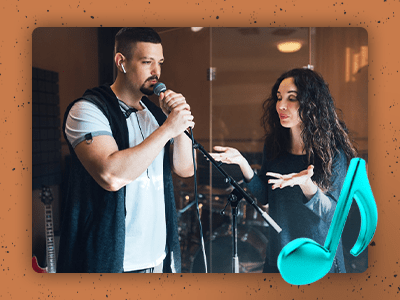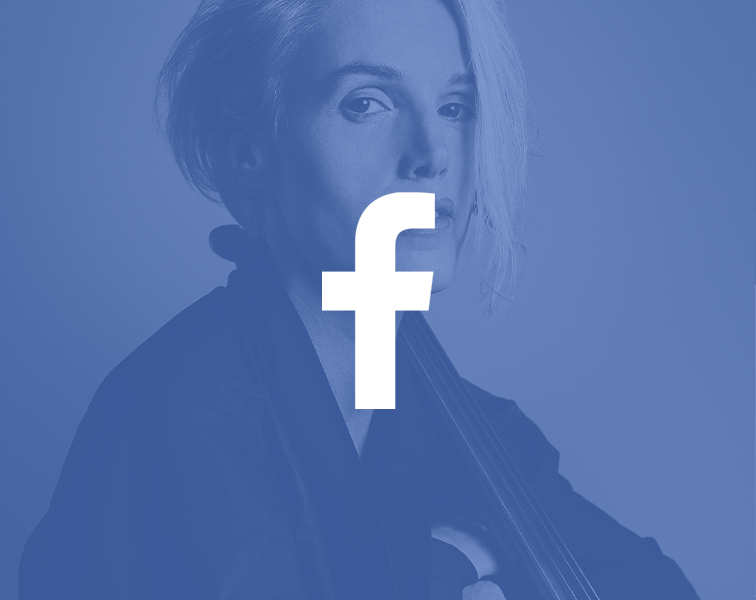Music is probably the most universal phenomenon in the world. It has been part of world history since our ancestors lived in caves, perhaps even before that, and will continue to be, I would dare to believe forever in one or another form. Like everything else, the music industry also developed and changed through the years.
According to The Guardian’s latest updates, there are 1264 different genres of music. Moreover, the statistics show that there are around 1500 types of musical instruments in the world. So, the music industry is diverse, and to stand out in it just having talents or passion is not enough. As in any other industry, in music too, to get better training is required whether you want to play an instrument or sing.
Today we will concentrate on vocals. There are two different types of coaches working with the voice: voice teachers and vocal teachers. A voice teacher is a technician, and their main focus is on singing technique. In contrast, a vocal coach’s function is more in-depth and specific.
A vocal coach can be a pianist, conductor, or music director who is an expert in a chosen type of repertoire, usually musical theater or classical. They coach from the standpoint of interpretation, intention, genre, and musicality.
We will help you find the right vocal coach for you and get on top of your musical maximum. That is why we sorted out several criteria that we consider essential in a vocal coach. Although the candidate does not have to correspond to every measure, it is always better to have data and information to rely on when making a decision.
Below are the 3 aspects MusicPromoToday identified for you to consider before choosing your vocal teacher.
1.Compatibility in GENRE
As mentioned above, vocal training is more about interpretation and style rather than just the voice. So, before starting to search for a vocal coach, identify the music you want to perform. In How to Find Your Voice Type from City Academy you can learn more about finding the genre that fits to your voice the best. Finding your musical niche will help you to narrow down the list from which you’re choosing and find coaches who fit more to your plans.
Finding a coach for a specific genre does not mean you can’t sing in different styles. Instead, it is better to find a coach for each musical style you want to perfect your skills in. For example, if you’re going to learn Jazz and classical music, it is hardly probable for you to find one vocal coach for both.
2.HEALTH should always be at the centre
Training hard is the key to success, but the right vocal coach should find the balance between tough training sessions and your health. They will put absolutely nothing before your vocal health. If your voice does not sound healthy, it does not matter how stunning your interpretation or style is.
Remember that vocal health is not something to achieve, but something to work on during a singing career. The most important responsibility of a vocal coach is to help you with it and guide you through the processes connected to it. Vocal examinations once in 12-16 months, conversations about your voice and vocal health, all of these should be an integral part of the training for a good coach. If you want to learn more about keeping your voice healthy check Maintaining Vocal Health from Michigan University.
3.COMFORT, COMFORT and again COMFORT
Art is intimate. Learning music is nothing like learning math or languages. Of course, there are certain commonalities, but when people create together or teach each other how to make something beautiful, the energy is entirely different. You can think about finding a vocal coach as of dating. It is going to take time, and many “wrong” attempts until you find the one.
Here we will leave for you these helpful tips, from PsychologyToday, on finding a good partner in case you’re interested. Even if you’re not checking it may also help you realize the kind of relationship you’ll need between yourself and your vocal coach.
Vocal lessons are usually either super fulfilling or frustrating. They can turn you into an emotional mess or someone who just experienced nirvana. Either way, you’re going to feel extremely vulnerable around your coach. It is not bad as vulnerability makes art more sincere and touching. Try to find someone who will use that vulnerability to your benefit. Your perfect vocal coach will know how to encourage you to make mistakes, understand your frustrations, and help you use your talent to the maximum.
To find more tips on how to use your full musical and marketing potential, visit MusicPromoToday.



